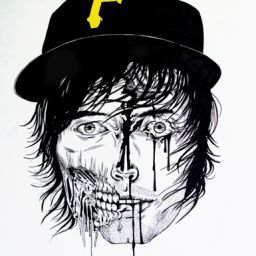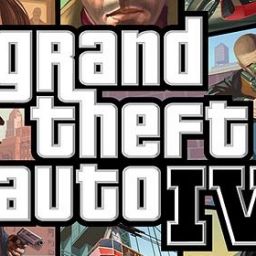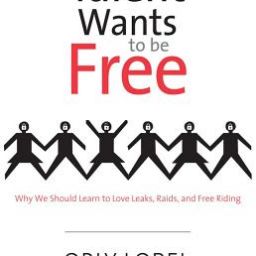
The part of the decision based on fair use states
The fair-use factors, weighed together in light of the purposes of copyright law, fail to support the defense of fair use in this case. The first factor does not completely weigh in favor of Defendant because although the Lexicon has a transformative purpose, its actual use of the copyrighted works is not consistently transformative. Without drawing a line at the amount of copyrighted material that is reasonably necessary to create an A-to-Z reference guide, many portions of the Lexicon take more of the copyrighted works than is reasonably necessary in relation to the Lexicon’s purpose. Thus, in balancing the first and third factors, the balance is tipped against a finding of fair use. The creative nature of the copyrighted works and the harm to the market for Rowling’s companion books weigh in favor of Plaintiffs. In striking the balance between the property rights of original authors and the freedom of expression of secondary authors, reference guides to works of literature should generally be encouraged by copyright law as they provide a benefit readers and students; but to borrow from Rowling’s overstated views, they should not be permitted to “plunder” the works of original authors [], “without paying the customary price” [], lest original authors lose incentive to create new works that will also benefit the public interest [].
So what I think? Overall, this decision will not hurt non-commercial fan works, but one should be careful before commercializing works or using too much of the source material.
As I discussed previously, the exclusion of mentions of fan labor and fan contribution is unfortunate. However, there are helpful nuggets for those who are engaged in fanworks, for example, the Lexicon was found not to be a derivative work — meaning that it recast the story of Harry Potter in a way that no longer made it the same as the work of J.K. Rowling:
altering the original aesthetic of the Harry Potter series from an intricate narrative to an alphabetized catalogue of elements from the Harry Potter world.
Overall, the decision gives a distinct impression that if one is to base a work on that of another, it should be of high quality — and that means not too much direct copying:
The Lexicon’s verbatim copying of such highly aesthetic expression raises a significant question as to whether it was reasonably necessary for the purpose of creating a useful and complete reference guide…. Verbatim copying of this nature demonstrates Vander Ark’s lack of restraint due to an enthusiastic admiration of Rowling’s artistic expression, or perhaps haste and laziness as Rowling suggested …, in composing the Lexicon entries.
So be careful about the aesthetic quality of your next fanfic or fanart !11!!





